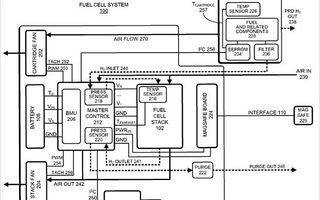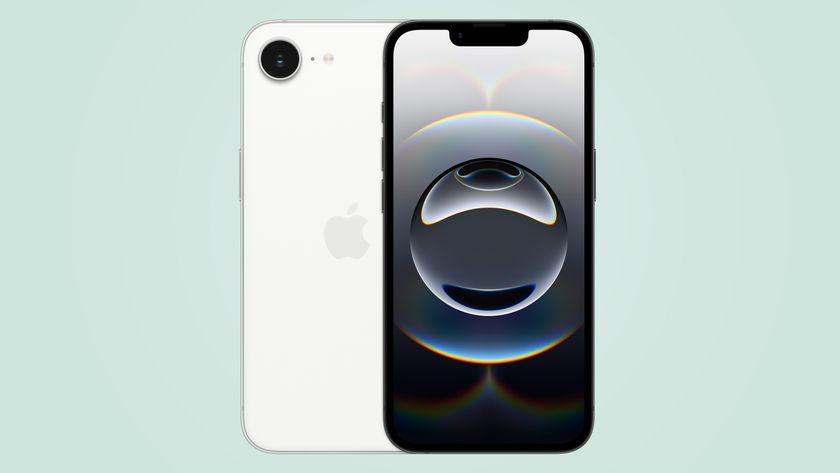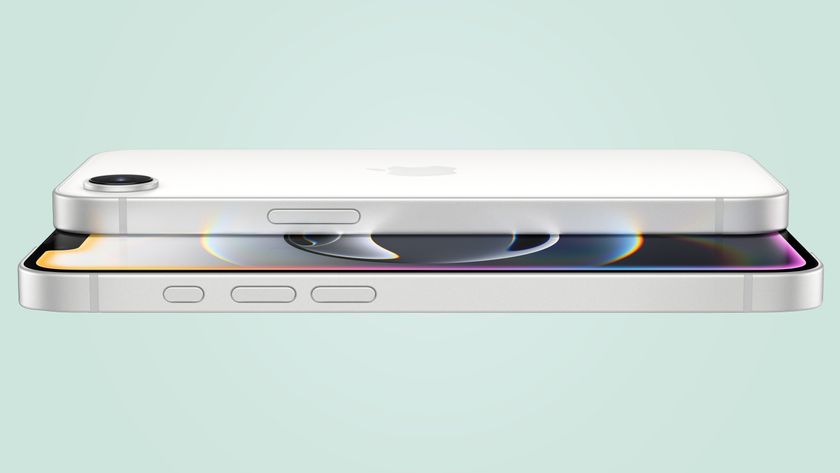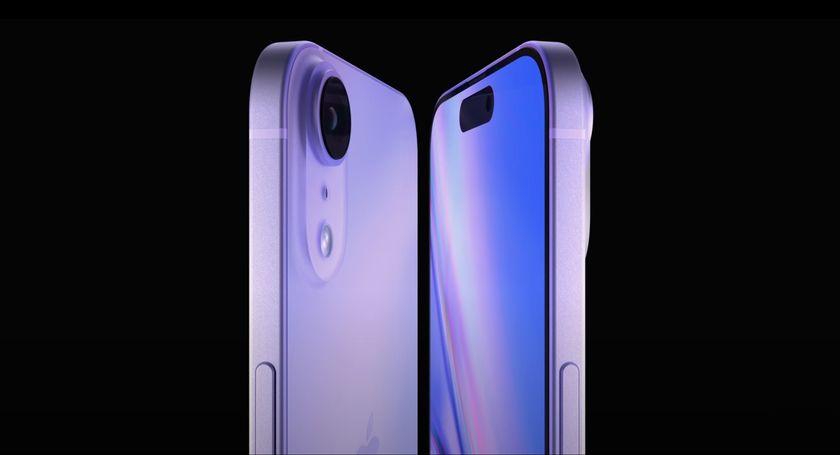Apple Has Idea for Fuel Cell Battery That Would Last Weeks
We know what this means: Angry Birds-themed camping trips.

Claiming to have determined a way to eliminate "the need for a bulky and heavy battery," Apple has made public two patent proposals, originally filed in 2010, that combined would enable the manufacture of fuel-cell batteries that could boost the life of handheld device batteries by a matter weeks. "Such fuel cells and associated fuels", the proposals promise, "can potentially achieve high volumetric and gravimetric energy densities, which can potentially enable continued operation of portable electronic devices for days or even weeks without refueling."
Though neither component of the proposed technology would require hydrogen to function, they indicate the strong possibility that hydrogen fuel-cell batteries can be lightweight enough to be commercially feasible, and their statement accompanying the proposals indicates this is where they intend to focus their efforts. The first proposal, Parallel Fuel Stack Architecture, is for a battery that would arrange fuel cells in a stack, promising to boost voltage significantly. This would be accomplished by allowing adjacent fuel cells to share electrodes, shrinking the number of electrodes required per battery, which would allow for the use of lighter components. The second patent application is for a method of creating a reduced weight fuel cell plate that would incorporate the technology proposed in the first application.
Aside from the obvious advantage to the consumer that longer-lived batteries would provide, Apple's eye is very much on the continuation of a good public image and the bottom line. "Our country’s continuing reliance on fossil fuels," one of the applications says, "has forced our government to maintain complicated political and military relationships with unstable governments in the Middle East." This relationship, Apple continues, "also exposed our coastlines and our citizens to the associated hazards of offshore drilling." All true, and these problems are well worth the effort it would take to mitigate them. Not mentioned in the patent applications is the problem of increase fossil fuel usage stemming from an over-reliance on offshore child labor, but as they say, one problem at a time.
Patently Apple has posted the full statement.
Sign up to get the BEST of Tom's Guide direct to your inbox.
Get instant access to breaking news, the hottest reviews, great deals and helpful tips.

Ross is a former contributing writer for Tom's Guide based in Los Angeles covering phones, tablets and home networking. Ross has previously written for Deadline, The Los Angeles Times and, most recently, TheWrap.
-
scuba dave I wonder how much a loan to buy 1 of these batteries would cost me... ;P But no, seriously, if this could be realized, awesome.. if not bummer. I just hope it isn't a troll patent.. It looks a little too detailed to be that though..Reply -
scuba dave otacon72Hydrogen is highly flammable... think Hindenburg.Reply
Exactly. However, as it is the smallest atom there is.. It makes one of the lightest, and most energy dense fuels possible to use (as far as "burning" fuels goes). That's why hydrogen is used in most space shuttle programs. -
crom Hydrogen is more likely to leak out of the system, since its much lighter than air, vs exploding. It needs to meet the right ratio mix with air to go boom and there would need to be a lot of it. Also it wasn't just Apple who had the exploding batteries, almost every PC manufacturer had the same issue since almost all of them were made by the same Japanese company.Reply -
Goldengoose Prejudice against apple aside - if they could pull this off this could be the next big step in mobile phones.Reply
Everytime we get a new updated phone with more powerful hardware, the question on everyones mind is battery life. Compared to the rest of the phone, the battery is very outdated and we have needed a break through in this area for a long time. -
cyprod I've always thought putting fuel cells on laptops would be a great idea, but since the fuels are usually some form of flammable material, either to begin with, or transformed into such, would they be allowed on airplanes. I have to imagine it wouldn't be difficult to capture the hydrogen and oxygen produced by a fuel cell rather than letting it continue through and re-combine to produce electricity.Reply -
dxwarlock No thanks, time extended battery aside.Reply
Just what I always wanted..a phone I had to put fuel in to keep it running.
at airport, battery dying? no simple plug and charge for you! you now have to go find fuel for your phone. or by the iFuel accessory for $400 that refuels your phone on the go! -
freggo "hydrogen fuel-cell batteries"; oh, the humanity... :-)Reply
But seriously, Mercedes and BMW are tinkering with hydrogen fuel cells for some 20 years.
NASA is using them in some of their vehicles too.
Not to sound as if I am 'Apple bashing'; but exactly what is 'new' in Apple's concept besides
to make it smaller.
Ah yes, and putting fuel cells in parallel is hardly anything new because, for example, every car battery does that to get you 6 or 12 Volts!
-
amk-aka-Phantom 1) Hydrogen FUEL CELLS don't explode. Back to chemistry class with all of you... different concept here.Reply
2) Old news, read about that somewhere else more than a week ago
3) Great idea from Apple for once! Too bad they will patent-troll everyone who tries to use it. Because using this tech, which is being used for years in electric cars, in laptops is oh-so-innovative...
4) And too bad that most people actually have no use for such a long battery besides Angry Birds. The article punchline is spot-on. -
freggo memadmaxDoesn't hydrogen explode?Reply
Hydrogen 'burns'. An explosion is basically just a rapid burn in an enclosed space.
Incidentally, several components in your phone or PC explode nicely too.
Ever seen what some types of capacitors do if used with reverse polarity ?
Most Popular





